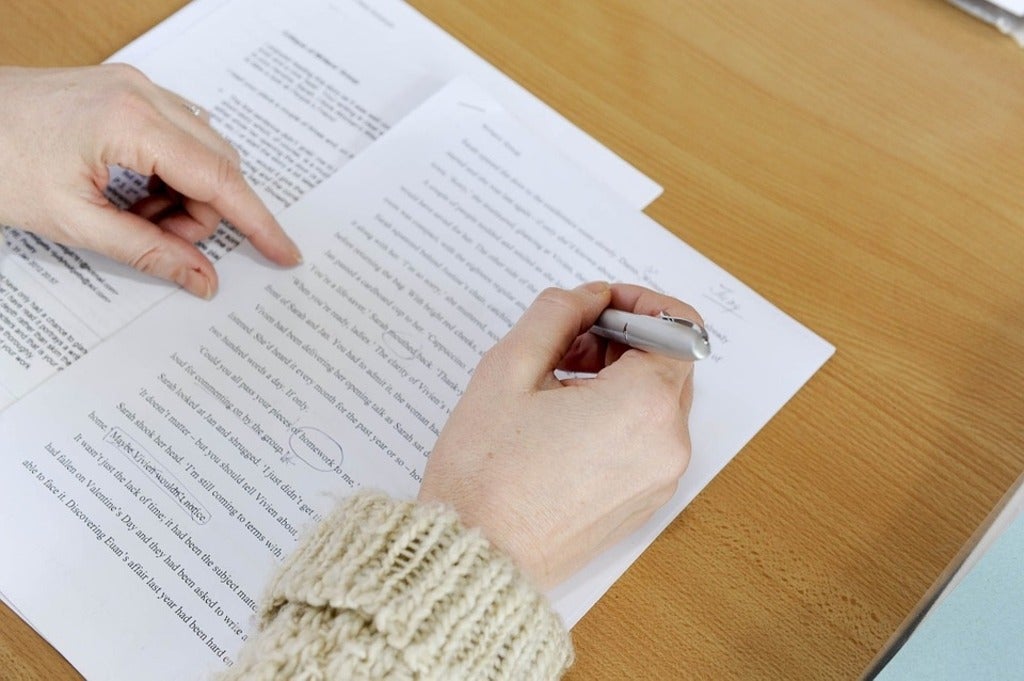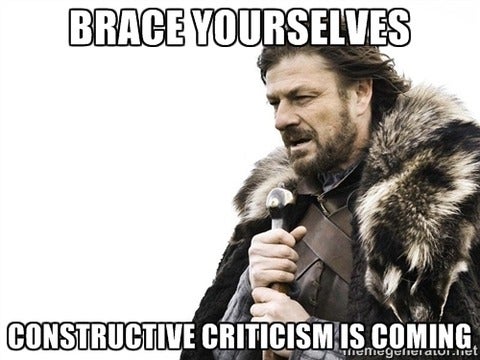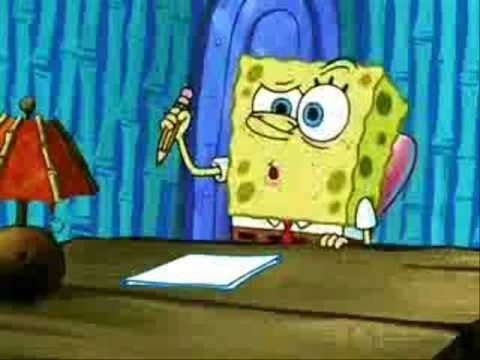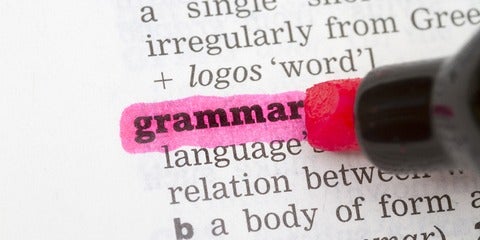Revising your assignment ft. Google the rapper
Have you ever tried getting Google Translate to rap before? It’s probably one of the funniest things you can do with translate, outside of totally messing with Disney songs. When I’m not using translate as a means to laugh though, I’m using it to revise my essay by having Google read it out loud to me. Granted, that usually is also very funny, as the automated voice has a habit for tripping over lengthy sentences as well as butchering incorrect spelling of words. Use that last bit with caution though, Google Translate does have a habit for pronouncing everyday words like “get” very wrong.






